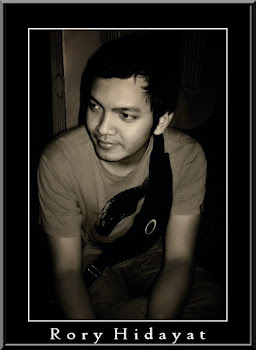Fasting Ramadan: Finding Beauty in the Mundane
Why do you torture yourself? What do you mean you can’t eat anything from sunrise to sunset? You cannot even have a sip of water? These are just some of the questions that I have faced in the past from incredulous coworkers and neighbors when it comes to fasting Ramadan.
Fasting is not about self-torture, but self-discipline.
Islam teaches us that we are not merely physical beings but spiritual beings as well. But while most people acknowledge the need to nurture our bodies through sustenance and exercise, we tend to neglect the same for our souls.
We readily submit ourselves to physical exercise in order to strengthen, tone, and otherwise maintain healthy bodies? Physical exercise is strenuous and painstaking. One could argue that carrying heavy metals up and down while grimacing and sweating is self-torture, but most of us don’t. We get the cost/benefit analysis.
So what about our souls? Well, fasting is but one of several Islamically prescribed spiritual exercises to strengthen, tone, and cultivate a healthy spirit, psyche, and indeed community. It does so in three ways:
First, humans are privileged over other animals primarily through the ability to command and control our extinct. All other animals act exclusively on instinct. The need for food is a carnal desire, by learning to control that basic need – certainly not deny it but merely control it – we train our will power to control our desires and not vice versa. This acquired ability then comes in handy in the many trying instances in life when things do not go our way and a degree of patience and discipline can be the difference between stress and peace.
Second, fasting teaches us to appreciate and enjoy the simplest of life’s pleasures. When left exclusively to our materialistic devices, we end up on an endless wild goose chase for gratification. The more we achieve, the more difficult it becomes to satisfy us. Wealth is when one’s possessions match one’s needs and wants. If this is the formula, then logically there are two paths through which wealth can be realized: amassing possessions to fulfill desire, or mastering desire to match possessions. While most people fall captive to the first path, Islam encourages the latter. The first path is treacherous, if we reach one level, we immediately aspire to the next, constantly craving that which we don’t have. The latter path, the wise path, is to train ourselves to recognize that our existing blessings may already be worth the world’s weight in gold. One is consistently unattainable; the other is constantly within our reach.
Fasting is how we exercise our minds to get there.
For most people living in developed societies, access to drinking water is often taken for granted. Few people count their water bottle as part of their wealth portfolio. But when you abstain completely from any ingestion including all food and drink for an extended period of time, you genuinely feel the value of something so seemingly mundane. Sitting at a table at the end of a long and difficult fast, you look at that water bottle or a morsel of bread like you never have before. When you achieve a state of mind that can draw true happiness from a bite of bread or a sip of water, you develop a deeper appetite and a better taste for life.
Third, as a result of training one’s self to fully appreciate the seemingly mundane; you are left with a new level of empathy for the poor and needy. Now, you really understand what it’s like to be hungry. This encourages almsgiving and philanthropy and creates social compassion and cohesion, and therefore a healthier community.
This Ramadan, I invite my non-Muslim readers to fast one day with us. Challenge yourself. Test your will power. At sunset, you may discover a form of simple happiness you had forgotten existed.
By Ahmed Rehab


Tidak ada komentar:
Posting Komentar